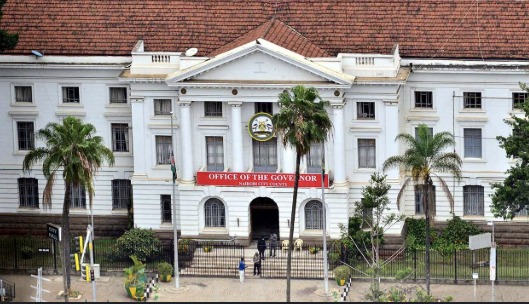

Are you a supplier or contractor owed by the Nairobi county administration that must pay billions of shillings in pending bills?
Then buckle up for a dry spell as the assembly has approved a drop in the ocean for you.
The assembly approved Sh1.2 billion for pending bills, as part of the supplementary budget for the 2024-25 financial year, against a debt of Sh121.06 billion.
According to the Controller of Budget’s report for the first quarter of 2024-25, counties collectively owe Sh194.01 billion to suppliers and contractors.
Nairobi County alone accounts for 62 per cent of all these pending bills.
The report by Controller of Budget Margaret Nyakang’o emphasised the need to clear debts owed to suppliers and contractors to improve services and business operations.
She advised county governments to prioritise settling these bills.
“The accumulation of pending bills negatively affects public service delivery and disrupts business operations. County governments are advised to prioritise the settlement of eligible pending bills as a first charge to their budgets in compliance with the law,” the quarterly report reads.
The Nairobi Assembly’s Finance, Budget and Appropriations Committee was, however, optimistic over the one per cent allocation of Sh1.2 billion, claiming it as a step in the right direction in paying pending bills.
“To reduce the county debt, an additional Sh1.26 billion [is to] be set aside for payment of other creditors by the debt management department within the finance sector,” the supplementary budget statement indicates.
The city administration has also come under fire over the integrity and eligibility of the pending bills, as some listed showed alleged inflated costs for legal services running into billions of shillings.
Priority of expenditure by counties has long been controversial.
The courts weighed in through a case brought by the Kenya Human Rights Commission that declared it illegal to spend less than 30 per cent on development.
In a January 23 decision, judges Teresia Matheka, Rayola Olei and Robert Limo instructed 20 county governments, along with the National Treasury — also named in the lawsuit handled — to ensure 30 per cent of their budgets is dedicated to development.
The High Court judges were responding to a petition filed by the
Kenya Human Rights Commission
in 2024 when it sued the two levels
of government over spending less
than 10 per cent of their budgets
on development.


